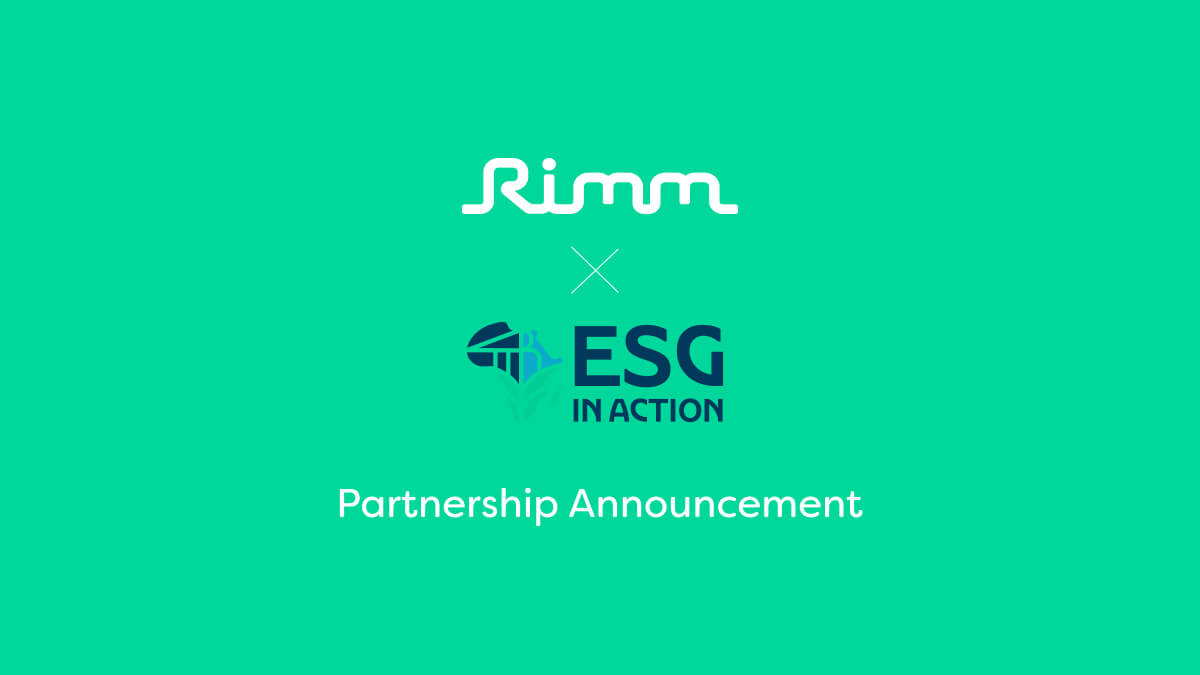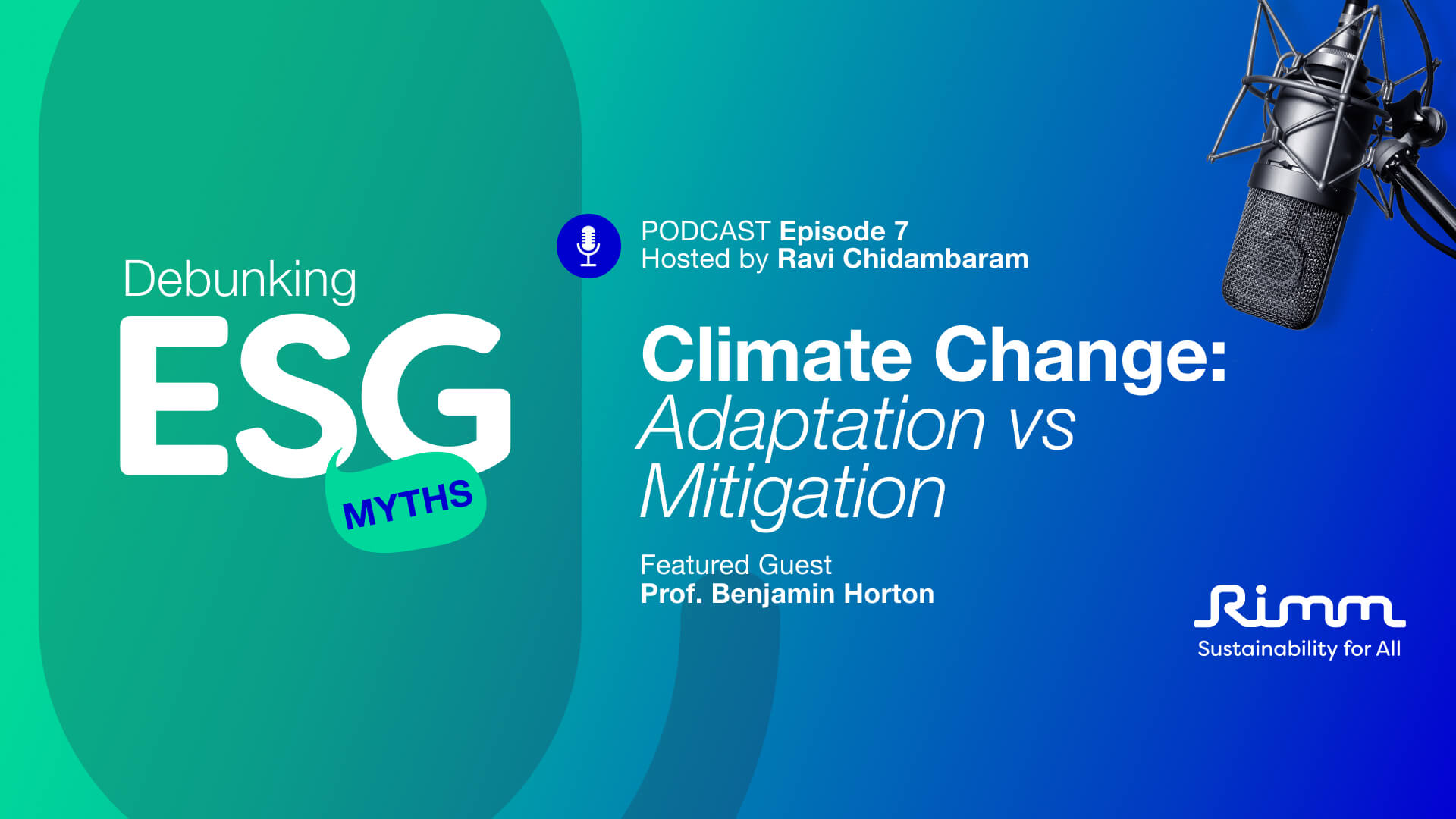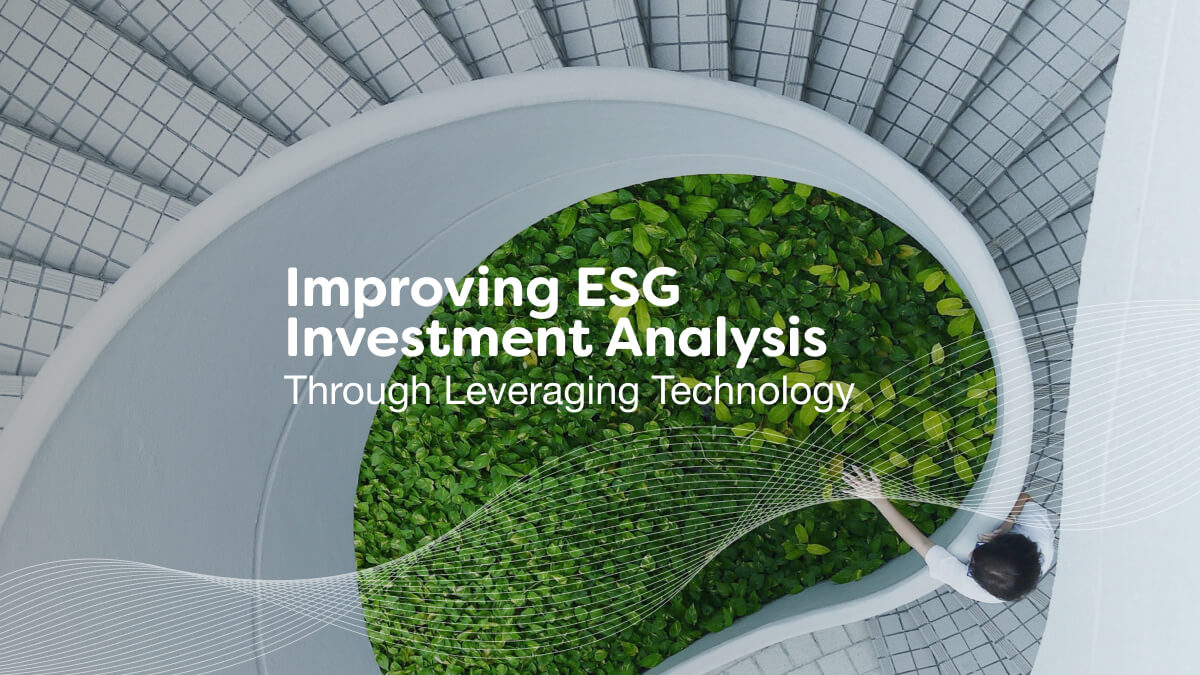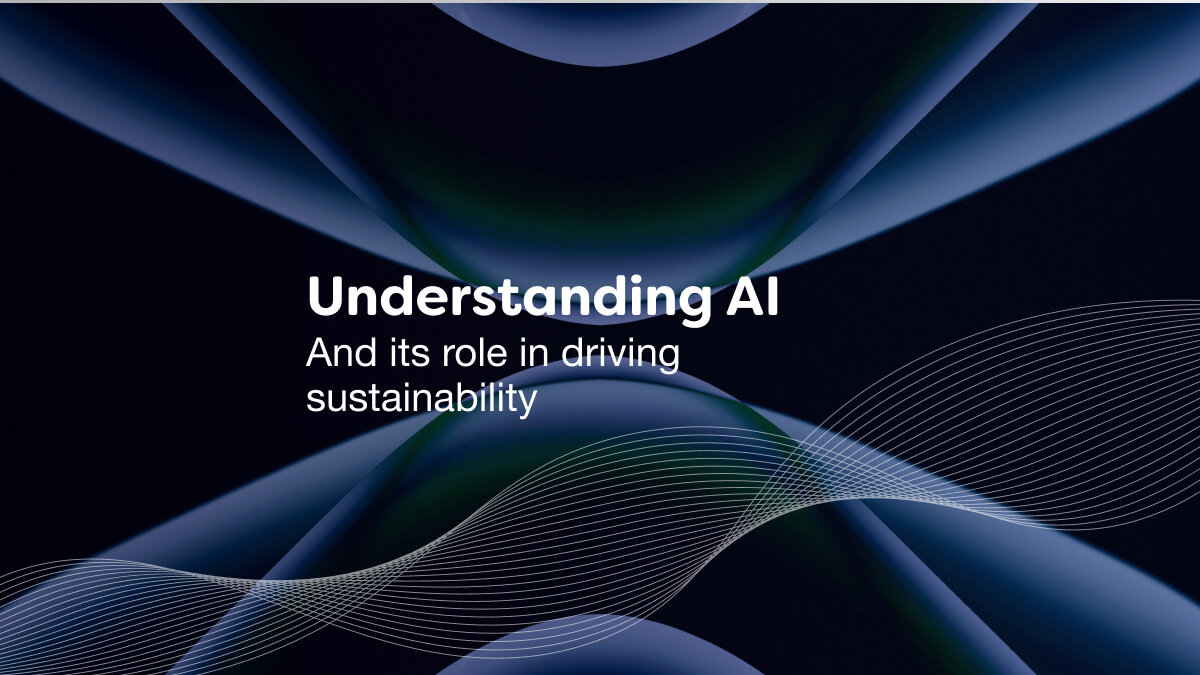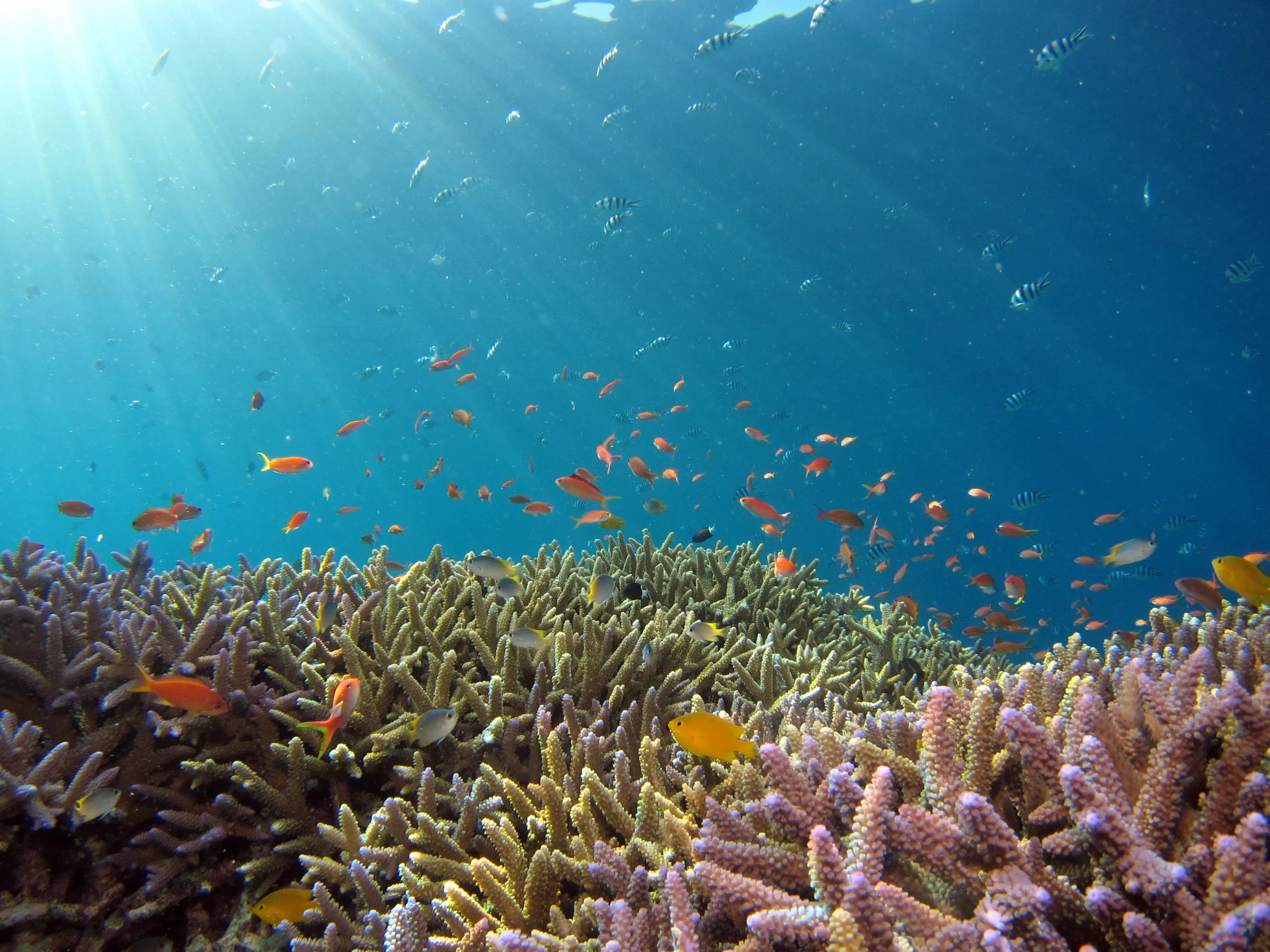Today on World Oceans Day, Dr. Lee-Ann Modley shares her expertise on ocean risks and opportunities and the steps SMEs should take to act responsibly and transparently on ocean-related governance.
“A healthy ocean is our most important ally in the fight against climate change.”
World Ocean Day is an international day that takes place annually on June 8. On this day, we aim to inform the public of the impact of human actions on the ocean, develop a worldwide movement of citizens for the ocean, and mobilize and unite the world’s population on a project for the sustainable management of the world’s oceans.
As a consequence of human actions that fragment wetland habitats and restrict landward migration, coastal ecosystems progressively lose their ability to adapt to climate-induced changes and provide ecosystem services, including acting as protective barriers.
Projections show that beyond 2100, sea levels will continue to rise for centuries due to continuing deep ocean heat uptake and mass loss of the Geographic Information System (GIS) and Air Insulated substations (AIS) and will remain elevated for thousands of years. Risk related to Sea Level Rise (including erosion, flooding and salinization) is expected to significantly increase by the end of this century along all low-lying coasts in the absence of major additional adaptation efforts.
The Blue Economy gives us the opportunity to produce economic resources related to the oceans, while restoring damaged ecosystems and introducing innovative technology that helps us efficiently and sustainably manage everything the seas can offer us.
What does this mean for SMEs?
Small and medium enterprises (SMEs) have a critical role in restoring ocean health as they represent 70% of employment and 90% of total enterprises in developing countries across all sectors of the Blue Economy. On the basis of research, knowledge and data, ocean industries and SMEs can drive the innovation needed to meet the Green Deal targets and address the grand challenges of climate change, biodiversity loss and post-pandemic recovery.
As a step in this direction, SMEs based on, depending on or affecting the ocean should integrate relevant ocean-related risks and opportunities into their corporate strategy, risk management and reporting. In supporting the use of sustainable ocean finance principles and other voluntary mechanisms led by the private sector and multilateral financial institutions in recovery and stimulus efforts, companies can guide, de-risk, incentivise and monitor investments in sustainable ocean activities to increase transparency and ensure reporting consistency.
How can Rimm help?
By leveraging technology, companies can mitigate risks to optimize their environmental and financial performance. Rimm offers automated ESG reporting services and analytics tools that provide insight to help organizations improve their corporate strategy, risk management and sustainability performance.
To learn more about Rimm’s sustainability and ESG solutions, browse our solutions catalogue or book a free demo!

Dr. Lee-Ann Modley
Dr. Lee-Ann Sade Modley is a Senior Lecturer and Deputy Head of Department of Geography, Environment management and Energy in the Faculty of Science at the University of Johannesburg. She holds a PhD in Environmental management from UJ and has been deeply involved with the water services industry with a particular focus on communities.
Simplify Your Sustainability Performance & Tracking With myCSO
✅ Calculate your scope 1, 2 and 3 emissions instantly
✅ Gauge your company’s sustainability performance
✅ View your sustainability performance all from one dashboard
✅ Benchmark against industry peers
Enter your information below to book a demo with our team today.
